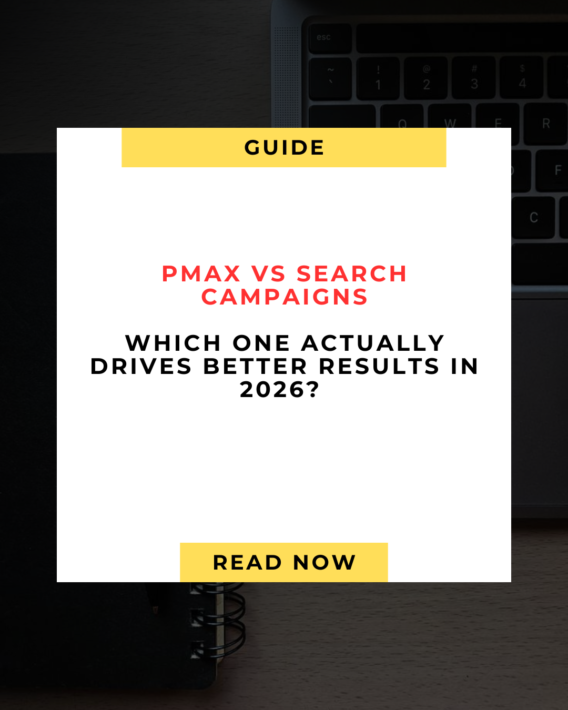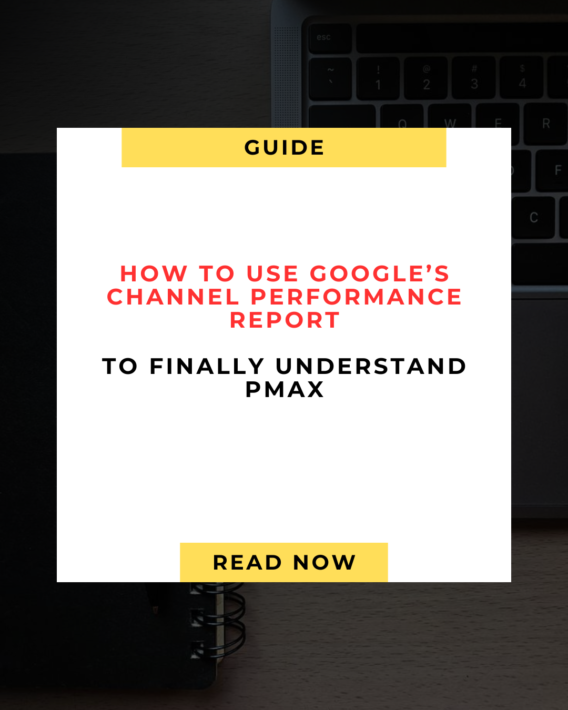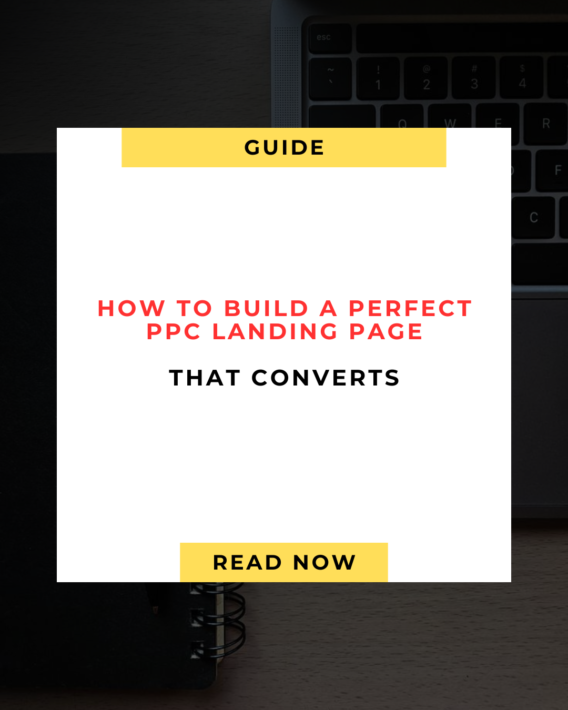
Google Ads Management in 2025: The Ultimate Guide to Mastering Campaigns 🚀
🎯 What Is Google Ads Management?
Google Ads management involves creating, optimizing, and monitoring paid advertising campaigns on Google’s platforms, including Search, Display, YouTube, and Shopping. In 2025, it’s more than just bidding on keywords – it’s about leveraging AI, automation, and first-party data to drive performance and ROI.
🧠 The Core Components of Google Ads Management
- Campaign Structure: Organize campaigns by objectives (e.g., sales, leads, traffic) and segment by themes or product categories. This structure ensures clarity and better performance tracking.
- Keyword Strategy: Use a mix of broad, phrase, and exact match keywords. Incorporate negative keywords to filter out irrelevant traffic and improve ad relevance.
- Ad Extensions: Utilize all available ad extensions-sitelinks, callouts, structured snippets, and call extensions – to enhance ad visibility and CTR.
- Bidding Strategies: Implement Smart Bidding strategies like Target CPA, Maximize Conversions, or Target ROAS to automate bid adjustments and optimize for conversions.
- Budget Management: Set realistic daily budgets based on campaign goals and historical data. Use the “stair-step” method to increase budgets gradually, allowing the algorithm to adjust without disrupting performance.
- Conversion Tracking: Ensure accurate conversion tracking is set up to measure campaign effectiveness and feed data into Smart Bidding algorithms.
- Landing Page Optimization: Align landing pages with ad copy to provide a seamless user experience, improving Quality Score and conversion rates.
🔧 Best Practices for Effective Campaign Management
- Leverage AI and Automation: Utilize Google’s AI-powered tools like Performance Max and Smart Bidding to automate campaign management and reach broader audiences.
- Optimize for Mobile: With the majority of searches happening on mobile devices, ensure ads and landing pages are mobile-friendly.
- Use First-Party Data: Incorporate first-party data for audience targeting and personalization, enhancing ad relevance and performance.
- Regularly Review Search Terms: Monitor the Search Terms report to identify new keywords and add negative keywords to refine targeting.
- Test and Iterate: Continuously A/B test ad copy, landing pages, and bidding strategies to identify what works best for your audience.
📈 Scaling Campaigns Without Losing Control
To scale Google Ads campaigns effectively:
- Incremental Budget Increases: Increase daily budgets by 20% at a time, allowing the algorithm to adjust and maintain performance.
- Monitor Performance Metrics: Keep an eye on key metrics like CTR, CPA, and ROAS to ensure campaigns are scaling profitably.
- Optimize Ad Assets: Regularly update ad creatives and extensions to keep ads fresh and engaging.
- Segment Campaigns: Break down campaigns into smaller, more targeted ad groups to improve relevance and control.
⚠️ Common Mistakes to Avoid
- Ignoring Quality Score: A low Quality Score can increase CPC and reduce ad visibility. Focus on improving CTR, ad relevance, and landing page experience.
- Overlooking Negative Keywords: Failing to add negative keywords can lead to wasted spend on irrelevant traffic.
- Neglecting Mobile Optimization: Ads and landing pages not optimized for mobile can result in poor user experience and lower conversion rates.
- Not Utilizing Ad Extensions: Missing out on ad extensions can reduce ad visibility and CTR.
🔮 The Future of Google Ads Management
In 2025, Google Ads management is evolving with advancements in AI and automation. Advertisers can expect:
- Increased AI Integration: More tools powered by AI to automate ad creation, bidding, and optimization.
- Enhanced Cross-Platform Campaigns: Seamless integration across Google’s platforms, including Search, Display, YouTube, and Shopping.
- Greater Personalization: More opportunities to use first-party data for personalized ad experiences.
- Improved Transparency: Enhanced reporting and insights to provide better visibility into campaign performance.
✅ Conclusion
Effective Google Ads management in 2025 requires a strategic approach that combines AI, automation, and data-driven insights. By implementing best practices, avoiding common pitfalls, and staying ahead of industry trends, advertisers can maximize their ROI and achieve their campaign objectives.
👉 Ready to take your Google Ads campaigns to the next level?
Visit marmakhub.com for expert assistance in optimizing your campaigns and driving better results.




